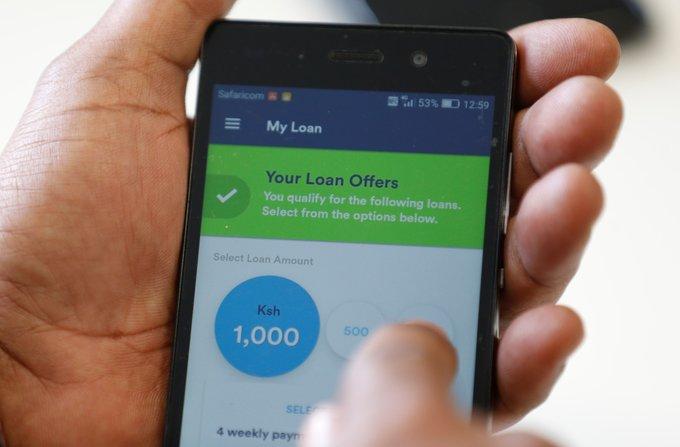Financial technology, colloquially referred to as “fintech,” is accelerating financial inclusion in sub-Saharan Africa—a region that traditionally suffers from limited access to formal financial services, such as credit, insurance, and banking. While in recent years the opportunities made possible by this technology have opened doors for many in the region—especially low-income households—users of fintech are utilizing the tool in more and more sophisticated ways, as seen in a recent paper by Financial Technology Partners, a boutique investment banking firm, which reveals promising investment trends in the African FinTech industry.
The population of Africa will likely continue to utilize the region’s rising cellular and internet penetration and adopt emerging digital payment, banking, insurance, and lending services. As such, the authors speculate that Africa’s demand for financial services—especially as the population remains largely un- or under-banked while also being the world’s second-fastest-growing payments and banking market—will soon bypass traditional banking systems. Importantly, the continent is already the largest adopter of mobile money transfer systems (Figure 1), comprising nearly half of the globe’s registered mobile money customers, approximately 70 percent of global mobile money transactions, and two-thirds of the transaction volume by value. Despite this success, challenges to the use of the tool in new and innovate ways persist: Indeed, the authors contend that lingering low penetration of cellular and internet networks, particularly in rural Africa, suggests mobile money services still have significant growth potential in the region.
Figure 1. Composition of sub-Saharan Africa’s mobile money utilization

Source: Financial Technology Partners, “FinTech in Africa: Leapfrogging Legacy Straight to Mobile,” 2019.
Mots-clés : cybersécurité, sécurité informatique, protection des données, menaces cybernétiques, veille cyber, analyse de vulnérabilités, sécurité des réseaux, cyberattaques, conformité RGPD, NIS2, DORA, PCIDSS, DEVSECOPS, eSANTE, intelligence artificielle, IA en cybersécurité, apprentissage automatique, deep learning, algorithmes de sécurité, détection des anomalies, systèmes intelligents, automatisation de la sécurité, IA pour la prévention des cyberattaques.






